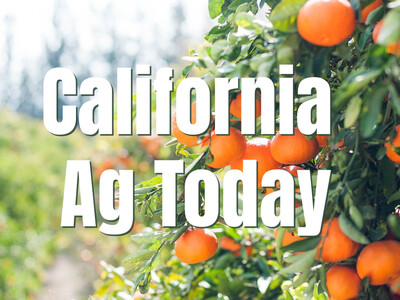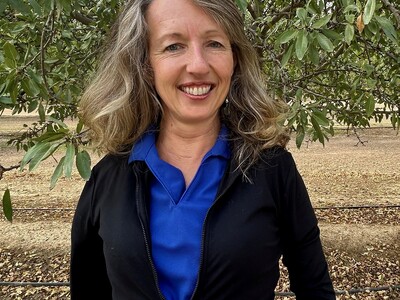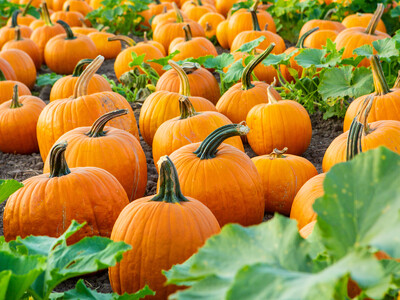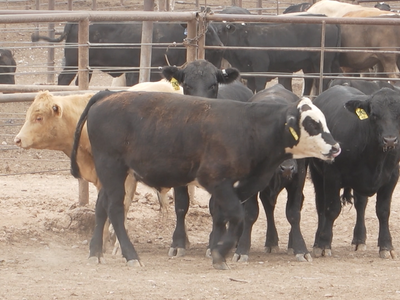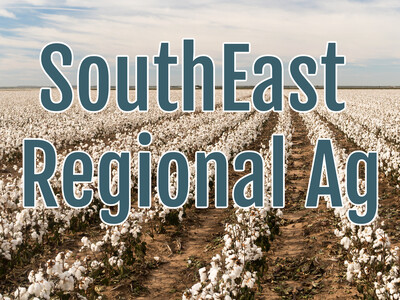Pesticide Debate
Sharon Selvaggio from Northwest Center for Alternatives to Pesticides told me: “We all want clean, pure water. Growers and irrigation districts highlighted in the guide show how they’ve used alternative approaches for managing insects, weeds and disease. And when pesticides are used, simple actions – like planting trees on the edges of fields or preventing drift – can have a powerful impact on water quality.”The Genetic Literacy Project claims many arguments made in the media are oversimplified compared to the real challenge of producing food in the most healthy and efficient way possible. Conventional and organic produce have such low amounts of pesticides on them that you could eat your weight in fruit every day and still not be in danger of any health problems from the pesticides (You definitely would have health problems from eating that much fruit though!).
The safety of pesticides and the amounts that end up in our food are constantly being evaluated. And, just like anything that goes into your body, it’s the dose (the amount) that matters. Fruits and vegetables naturally contain “toxic” chemicals like aluminum, nicotine, and capsaicin. But the amount is so low that it’s not something we need to worry about. Similarly, pesticide residues on produce are too low to cause health problems, and are similar between organic and conventional produce.






